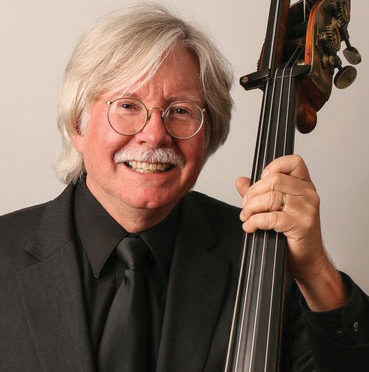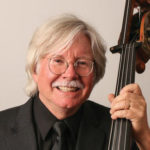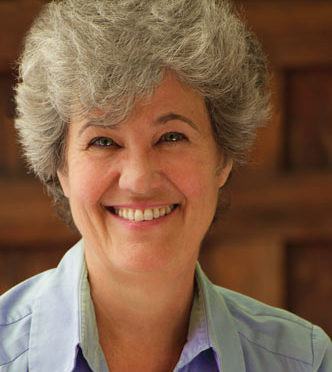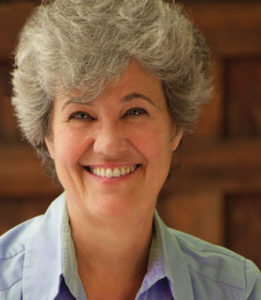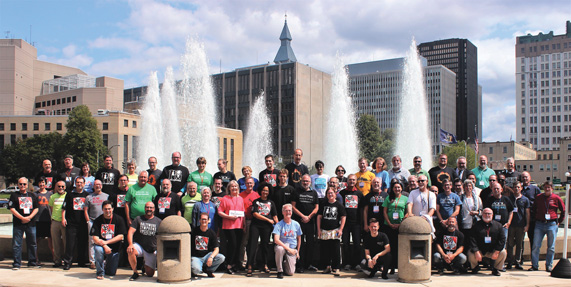Having only just escaped (hopefully) the worst of the COVID crisis, we find ourselves catapulted into the unquestionably manmade crisis of the war in Ukraine. The stunning hubris of Putin’s invasion has led to untold bloodshed, destruction, and displacement. Western democracies are pushing back by supplying arms, imposing sanctions, and sending aid. Our International Conference of Symphony and Opera Musicians (ICSOM) orchestras are raising awareness and money to help the people of Ukraine.
As of this writing, both the Metropolitan Opera and Rochester Philharmonic Orchestra have held benefit concerts to raise money for humanitarian aid to Ukraine. The Buffalo Philharmonic Orchestra will hold a benefit concert in April. The Cleveland Orchestra dedicated their March 11 concert to the people of Ukraine and lit up the exterior of Severance Hall in blue and yellow. That same week, the Pittsburgh Symphony Orchestra started their program with “Prayer for Ukraine” by Mykola Lysenko, as did ICSOM’s newest member orchestra, Pacific Symphony in Orange County, California. And the Ukrainian national anthem sounded across the country from San Diego, Utah, Phoenix, Detroit, Lyric Opera of Chicago, Atlanta, Jacksonville, Baltimore, and Syracuse’s Symphoria, among others.
Founded in 1948, the International Federation of Musicians (FIM), is a working group of union orchestras from around the world. Seventy musicians’ unions from 60 countries belong to FIM, including the AFM. FIM and the Society of Polish Philharmonics are mounting a campaign of solidarity with the people of Ukraine during this horrific crisis. Throughout the week of March 18, orchestras around the world planned to play “Melodia” by Ukrainian composer Myroslav Skoryk at their performances. A handful of ICSOM orchestras—Alabama, Baltimore, Dallas, and Milwaukee—have already performed “Melodia” for their audiences.
As we are rising from the ashes of the COVID pandemic, we are facing another predicament. This catastrophic and unnecessary war is escalating already rising inflation rates. With more than half of our orchestras negotiating within the next six months, we will be hard pressed to keep pace with rising expenses, to say nothing of making up lost income from the previous two years.
It is a small price to pay considering the devastation and suffering of those directly impacted by the war. And yet the repercussions of Putin’s mad, imperial aggression against Ukraine are being felt around the globe. Just as we are finally coming to terms with global warming and making some progress in the transition to renewable energy, we are being shoved back into the arms of big oil, scrambling for alternative sources to replace Russian oil supplies.
At the bottom of every war fought over the past 60 years is access to oil and gas. Every despot and autocratic regime sitting on repositories of fossil fuels is propped up by our habits of consumption.
And what can an orchestra do in the face of all that?
We can do what we have always done: Help people understand our commonality rather than our differences. Raise awareness. Unite the disparate factions in our societies. Heal the estrangement, isolation, and sorrow with music that stands among the greatest achievements of mankind. We have a voice within our communities and the power to change hearts and minds. Let’s use it.







